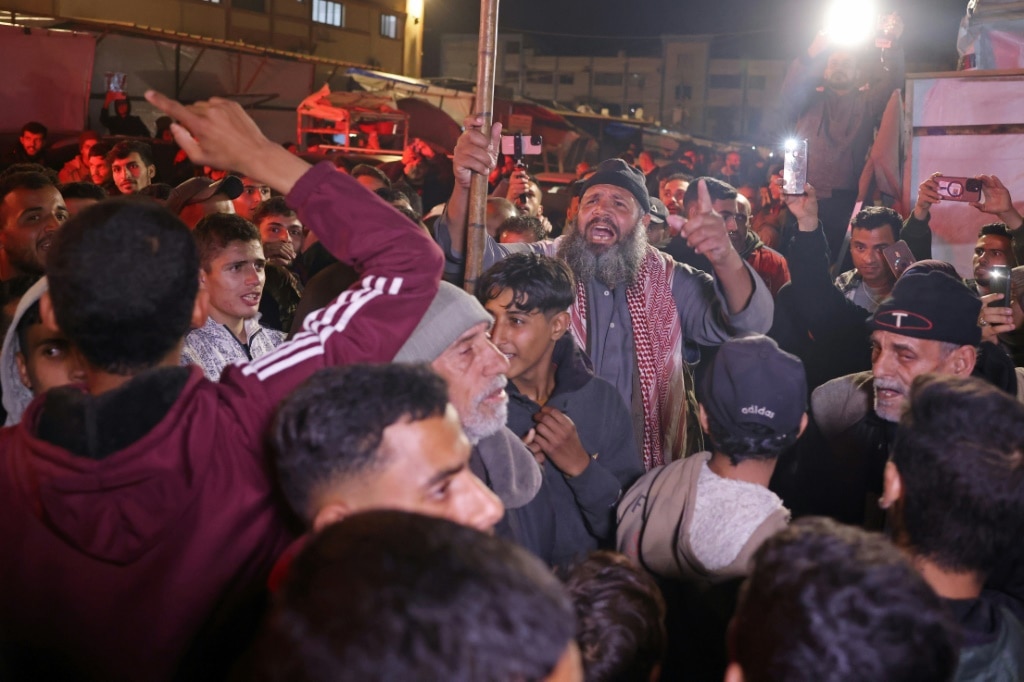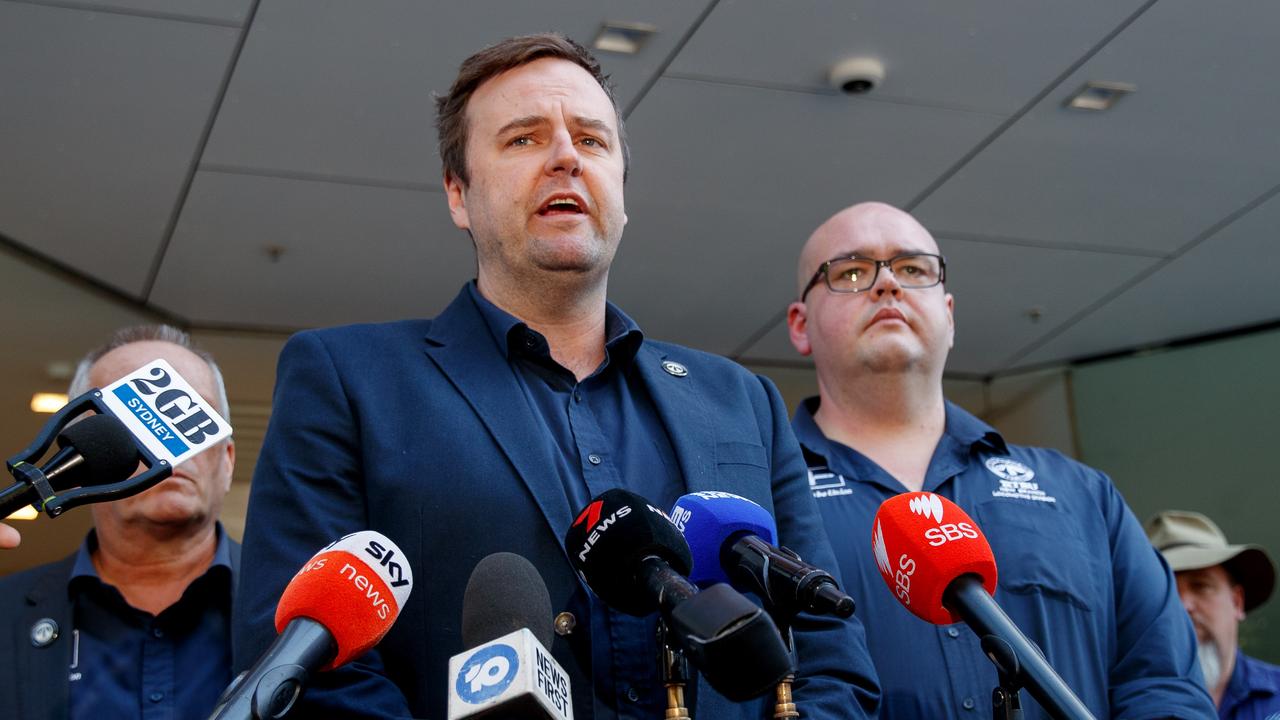If Israel had listened to Labor, there would be no ceasefire deal
The Albanese Labor government, at every step of the way, has sought to frustrate or prevent the conditions that brought this ceasefire about, writes Dave Sharma.
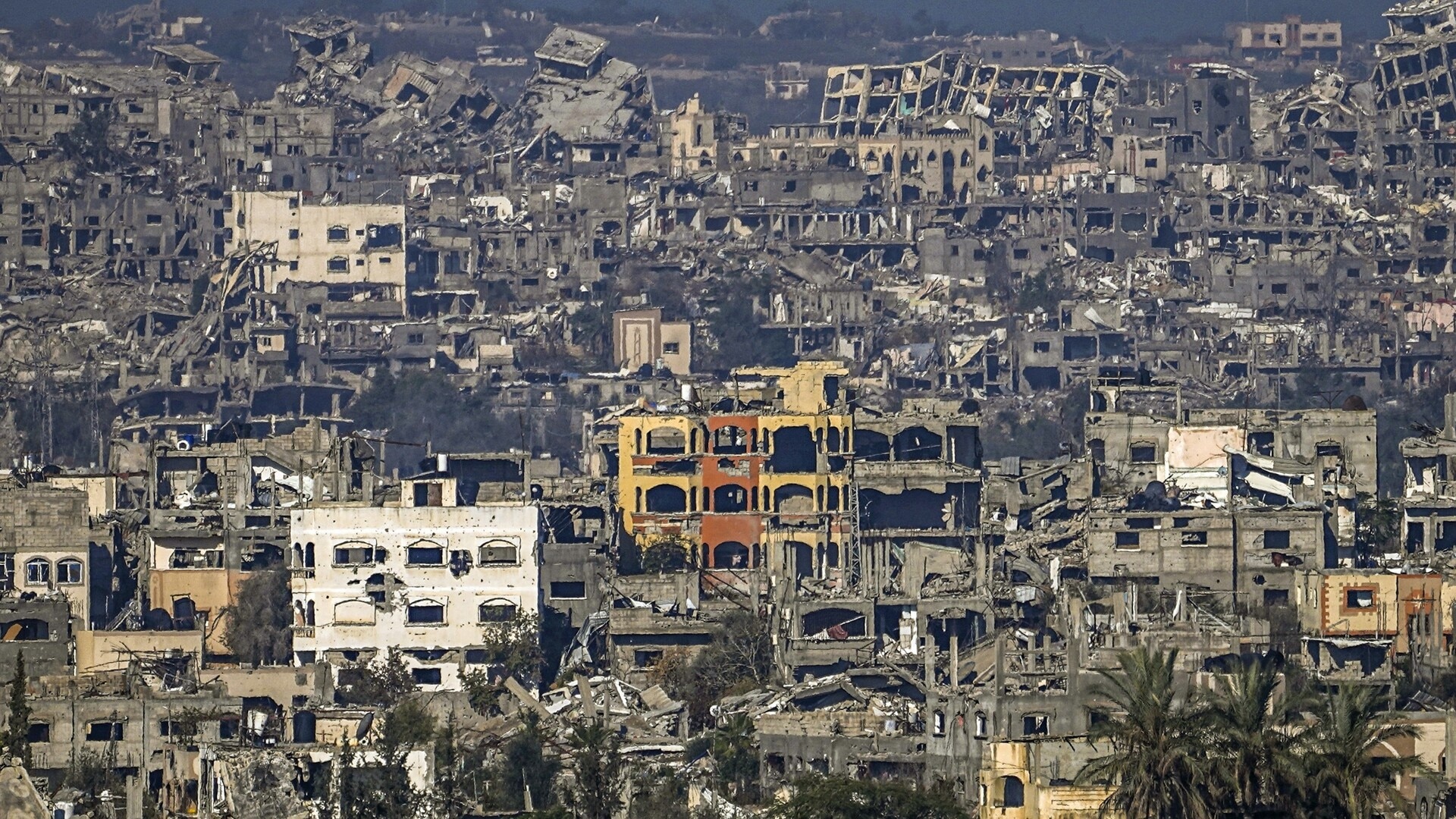
Opinion
Don't miss out on the headlines from Opinion. Followed categories will be added to My News.
The ceasefire agreement reached between Israel and Gaza is undoubtedly good news.
For the families of the 33 hostages due to be released, who have been held in terrifying conditions by Hamas for the past 15 months, it feels little short of a miracle.
I have met some of these families in Israel, followed their anguish and heartache, and can only imagine their relief.
And for the Gazan civilian population, who have themselves been victims of this conflict initiated and waged by Hamas, the prospect of an end to hostilities and increased humanitarian aid will be welcome.
But we should be under no illusions as to how this ceasefire has come about.
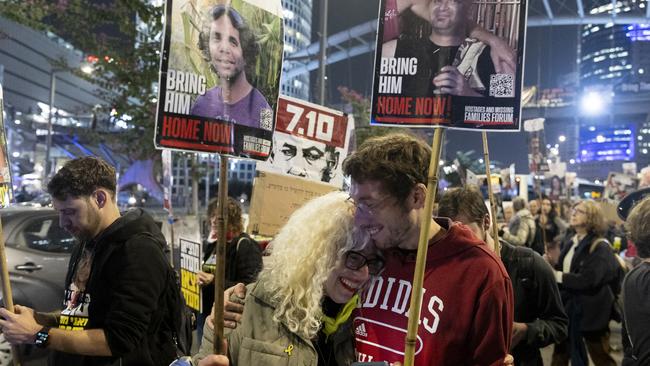
It is only because of relentless military, political and diplomatic pressure imposed on Hamas and its supporters that a deal has been done.
The outlines of this ceasefire agreement have been on the table for many months, with Israel willing to agree, but Hamas steadfastly refusing its terms.
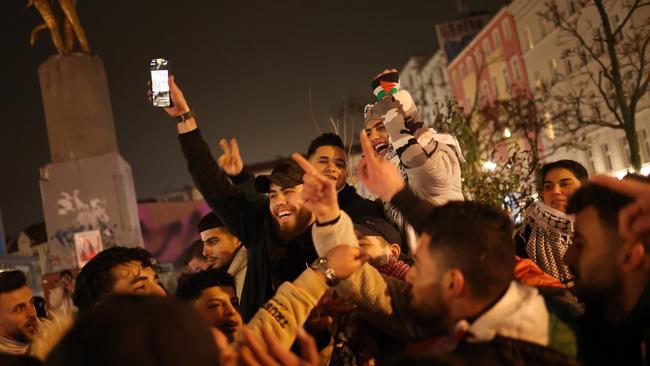
The dynamics of an international negotiation change as the relative strengths and bargaining positions of the actors change.
And what we have witnessed these past several months has been a dramatic deterioration in Hamas’s relative strength, brought about largely by bold Israeli military actions.
In July 2024 Ismail Haniyeh, the political leader of Hamas, was killed by an Israeli operation in Iran’s capital, Tehran.
In September 2024, Israel targeted Hezbollah, an Iranian-backed terrorist group operating in Lebanon and a close ally of Hamas. Hezbollah suffered a devastating series of attacks, when the pagers and walkie-talkies carried by Hezbollah’s senior military leadership were infiltrated and remotely detonated.
Israeli air strikes in subsequent days took out Hezbollah’s figurehead, Hassan Nasrallah, and much of its senior leadership.
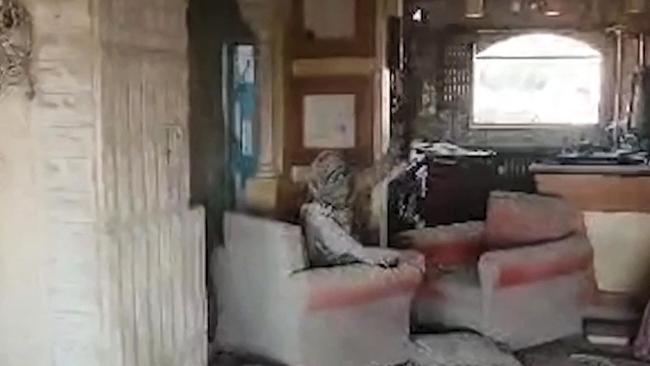
Then came the killing of Yahya Sinwar, Hamas’s military leader in Gaza and the mastermind of the October 7 terrorist attacks. He was killed by Israeli forces operating in Gaza in October 2024.
Later that month Israeli strikes targeted Iran, one of the principal external backers of both Hamas and Hezbollah. Whilst the ostensible damage caused by these strikes was limited, they took out the bulk of Iran’s air defences, and sent a strong deterrent message to Iran’s leadership that Israel could strike with impunity in future.
Then in December, the Syrian regime of Bashar al-Assad, which had provided the main conduit for Iran to supply Hezbollah with advanced weaponry, was toppled in an internal uprising.
Assad’s rule had been rescued in the past by Iranian military intervention. But this time Iran’s theocratic leadership — rendered anxious by Israel’s willingness to target it directly and concerned about regime survival — failed to come to his aid.
Donald Trump’s imminent return to the White House also focused minds.
Trump had made very clear his demand that the hostages be released before he assumed office, and that failing that he would increase the pressure on Hamas.
Qatar and Egypt, who serve as the negotiating channel to Hamas, and do not want to get off on a bad footing with Trump, would have applied considerable pressure on Hamas to accept the deal.
Anthony Albanese has welcomed the ceasefire agreement.
But the Albanese Labor government, at every step of the way, has sought to frustrate or prevent the conditions that brought this ceasefire about.
The Labor government voted in favour of a number of United Nations resolutions, opposed by Israel and the United States, that had no prospect of being honoured by Hamas and that sought to tie Israel’s hands.
Penny Wong warned Israel against going into Rafah, the town in Gaza where Israel found and killed Yahya Sinwar, the military leader of Hamas.
The Albanese government called in the Israeli ambassador to explicitly warn him that Australia opposed any action against Hezbollah, which continued to rain rockets down on Israel.
Rather than insistently demanding Hamas release the hostages, Penny Wong has made Israel’s behaviour and actions the focus of her scrutiny and demands.
It’s a good thing Israel did not listen to the Albanese government. If it had done so there would be no ceasefire deal and no release of hostages.
The Albanese government should learn some lessons from this episode.
We cannot and should not be morally neutral when it comes to terrorist organisations and the states that are their victims.
And diplomatic achievements can only be brought about from a position of strength, not simply through hope and repetition, a fact Israel has illustrated these past six months.
There is a long way to go before an enduring settlement can be reached in the Middle East.
But with Iran humbled, Hamas decimated, Hezbollah degraded, Assad deposed, and a ceasefire in Gaza, the Middle East’s future looks much brighter than it did a year ago.
Dave Sharma is a Liberal senator for NSW and served as Australian ambassador to Israel from 2013 to 2017.



